The Minnesota Dental Research Center for Biomaterials and Biomechanics develops and employs many leading methodologies to further research in the biomechanical and biomaterials fields. Competencies and expertise include, but are not limited to, simulation of oral challenges, development and characterization of biomaterials, computational biomechanics, and digital imaging technologies. Our approach to research is ever changing to meet, and adapt, with new technology and scholastic/industrial findings.
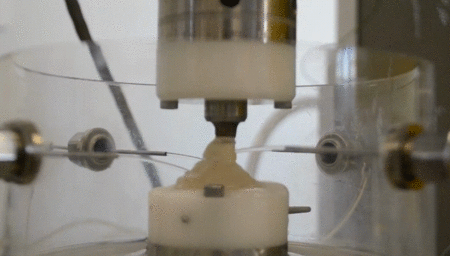
Oral Simulations
The MDRCBB has expertise in the simulation of mechanical, chemical and biological challenges present in the oral environment. Our equipment is capable of inducing clinically representative degradation to both tooth tissues and dental restorative biomaterials
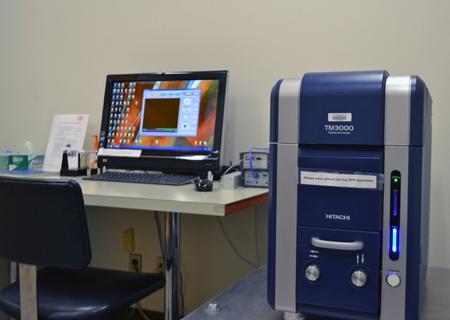
Characterization of Biomaterials
The MDRCBB has lab facilities and a wide range of equipment that can help develop new biomaterials and characterize their physical, chemical and biological behaviors on multi-scale levels.
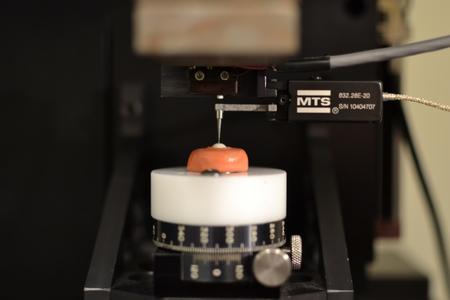
Digital Imaging Technologies
Digital technologies, especially digital imaging, are used to characterize dental tissues and materials, stage dental diseases, and analyze the interaction between restorations and the surrounding tissues. Machine learning is being used to help with these tasks.
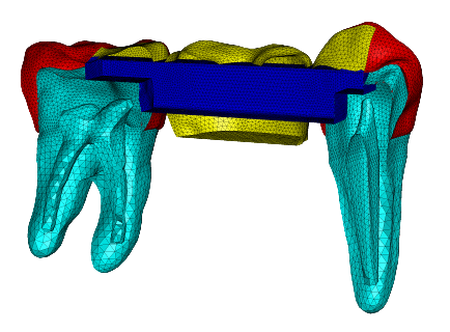
Computational Biomechanics
The finite element method is used extensively to analyze the biomechanics of dental materials/restorations, simulate their manufacturing processes, and optimize their clinical performances.
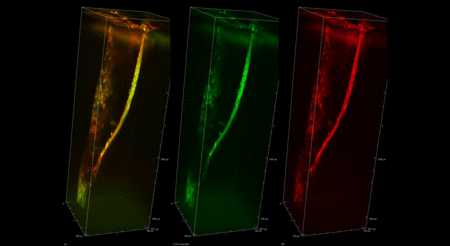
Assessments of Bioactivity and Cellular Interaction
Treatment of congenital or other acquired diseases has prompted the development of bioactive materials with multifunctional attributes with appropriate mechanical properties. Assessing the physio-mechanical properties of these novel materials is as important as determining the interaction they have with the cellular environment.
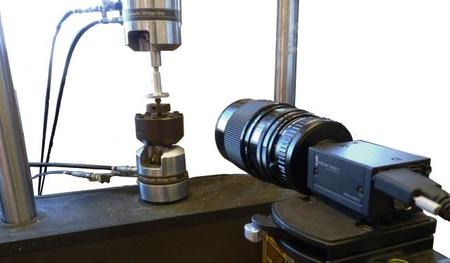
Equipment
Our equipment availabile for rent or use.